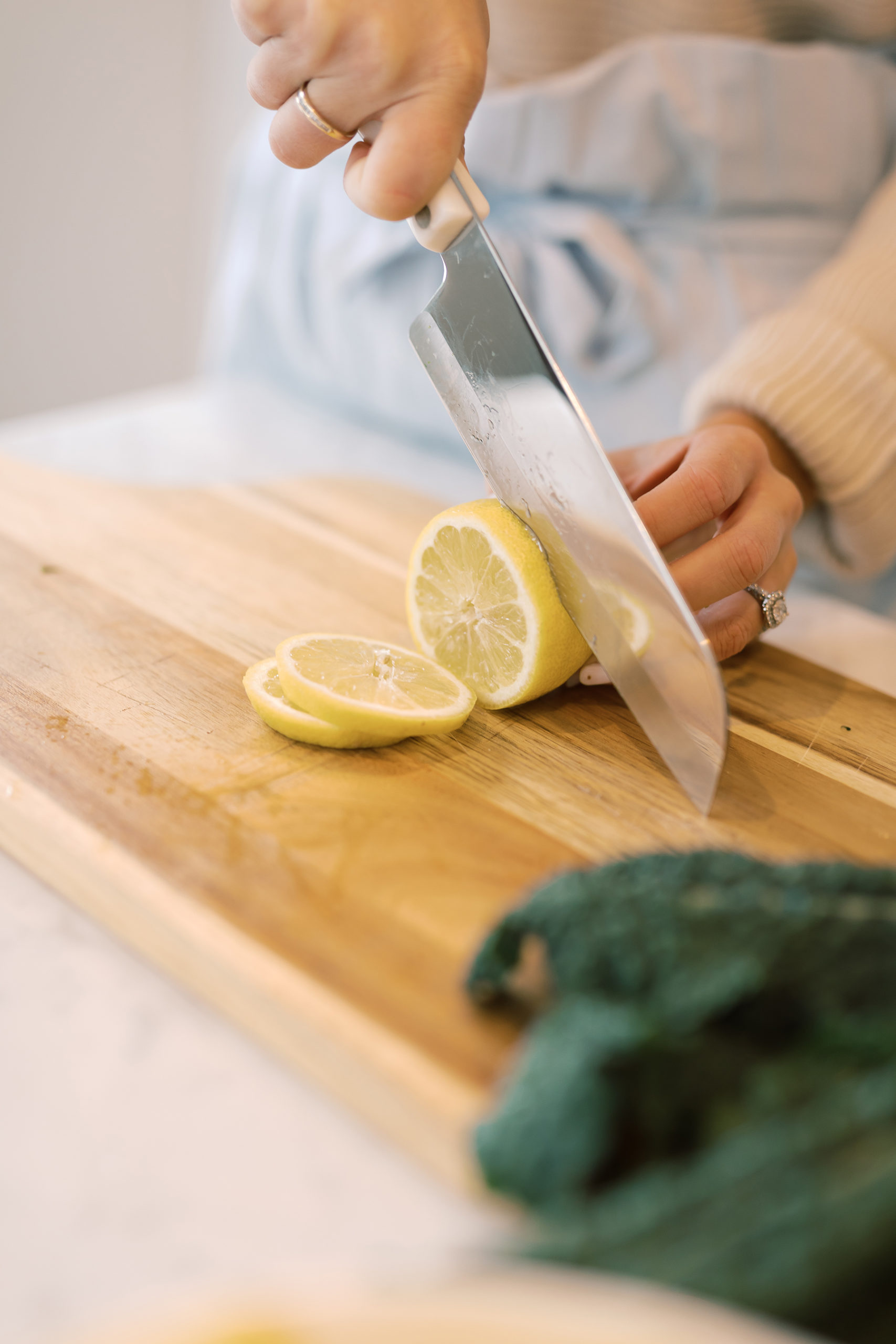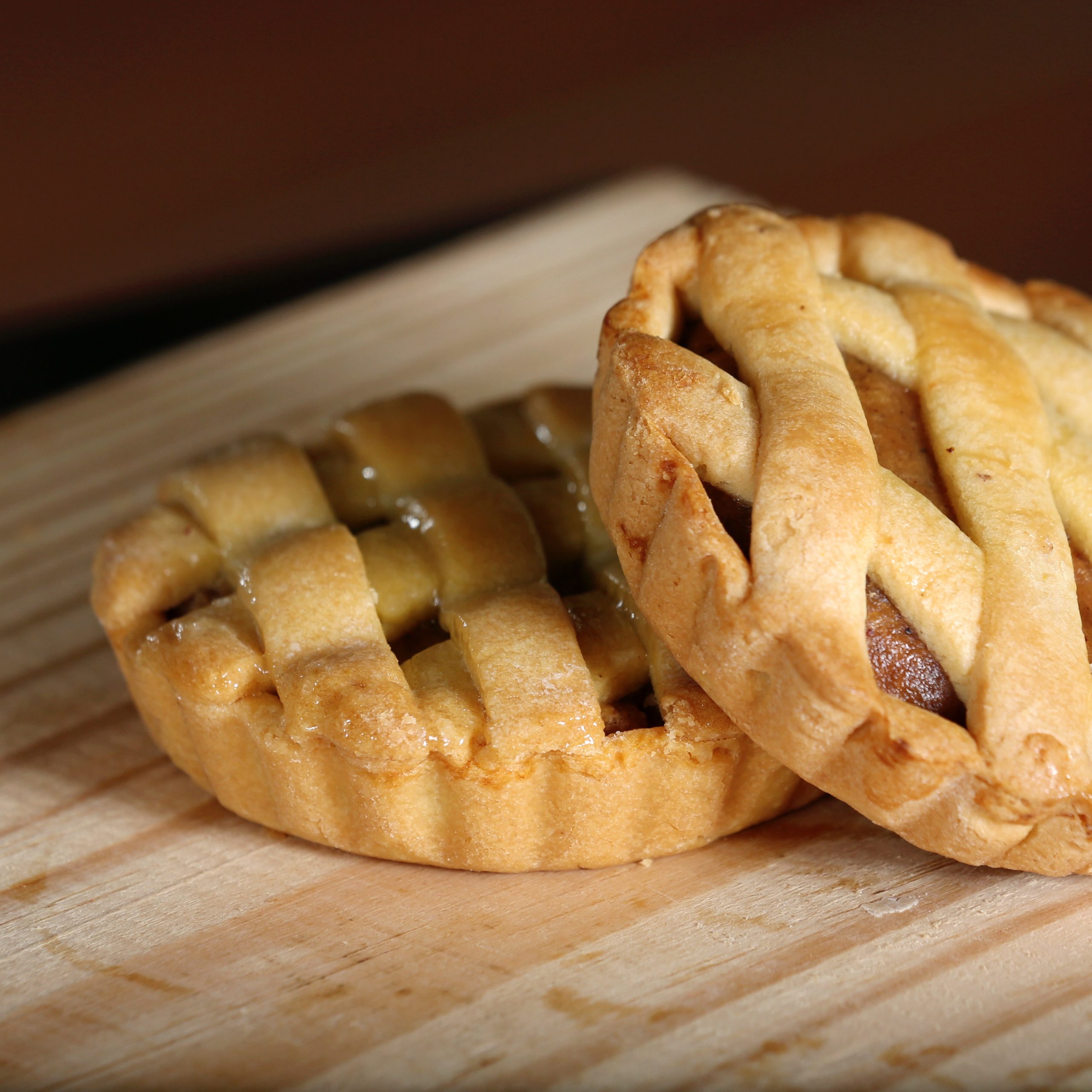How it all started.
In my senior year of college, my dad was diagnosed with stage four liver cancer. He lived a little over a year after that, pushing longer than anyone thought possible, reaching age 48. Two months later, my mom was diagnosed with a rare form of ovarian cancer at age 45. At this point, I hadn’t even processed or grieved my dad’s death, and I was launched back into survival state.
At that point, the only thing that mattered to me was the health and happiness of the people I loved. But I left myself off that list, and my health paid the price.
Neglecting my health caught up with me.
I was so focused on watching out for my loved ones that I never considered taking care of myself. I had this idea that the sacrifice was worth it, and it was OK because I was focusing on the people I loved the most. As a caretaker, I felt so helpless watching my family members suffer, and I would have done anything to take that pain away. I think subconsciously, I internalized a lot of that pain myself.
As a consequence, I started experiencing health issues. At first, they were minor—occasional aches, pains, and digestive discomfort. Then, the digestive symptoms got worse, to the point I was going nine or 10 days without a bowel movement.
When I really started to burn out (around the holidays, which was also my busiest season as a private chef), I would get sick and take medicine or antibiotics to push through. No matter how bad I felt, I would always compare it to cancer and tell myself that anything I was going through was minor in contrast.
In addition to stress, I was also experiencing major symptoms of anxiety. I was eventually diagnosed with panic disorder. Beginning after my dad died, I would have these panic attacks that were so bad, I would lose my hearing and my vision would distort.
Deep down, I knew I didn’t feel like myself. It felt like I was carrying this massive emotional weight. For seven years, I was supporting members of my family who were sick and dying. My chronic stress ultimately led to inflammation in my body, which I was aware of to a certain degree, but I didn’t realize (or want to realize) the severity. I created new baselines for myself—I got used to my aches and pains, my stomach not digesting food—it was the way my brain pushed me to adapt, so I could survive.
I was able to push these feelings down and ignore them until I physically couldn’t ignore them anymore.
A near-death experience completely shifted my perspective.
So much inflammation accumulated in my body that it began to damage my own tissue internally. I discovered this was happening because I’d had breast augmentation, and my body started to reject the foreign substance. Because of that, I had a lot of damaged tissue and the implants ruptured as a result—so I needed to have surgery to remove all of it.
After that surgery, I constantly felt sick, and I knew something was off. But I didn’t have too many tangible, visible symptoms, so it was hard to describe to doctors what was going wrong. I felt exhausted and miserable from the moment I woke up in the morning. All the tests doctors ran came back inconclusive, except they found I had an elevated white blood cell count.
Eventually, the doctors suspected I had MRSA, a stubborn bacteria, resistant to most antibiotics. Because of its nature, MRSA lingers, and when it colonizes inside of you, it’s difficult to eliminate. The infection had taken over a big part of my chest area, near my heart—I kept having surgeries to try and get it out, but they were unsuccessful.
Alongside all of these physical health issues, I still hadn’t dealt with the psychological and emotional side of what happened with my family. So here I am, with layers of unresolved trauma.
Then, during one of my surgeries, I almost died on the table. I’d lost so much blood that I had turned gray, and the surgeon wasn’t sure if he could continue. But he carried on and took the risk and ultimately ended up saving me.
During that entire illness experience, and while recovering from surgery, I remember feeling like I’d fallen so far from my path and purpose. So I made a commitment to myself: I was going to shift gears and focus on my own healing, in order to find my way back.
As a nutritionist, I already knew what I needed to do to optimize what I was eating, so I got very deliberate about filling my body with nourishing foods. I also focused on moving my body in a healthy way.
In addition to all of this, I began focusing on my spiritual journey and started working with a healer on a regular basis. She helped me understand where I was experiencing imbalances and stuck energy.
Inspired by what I learned from her, I decided to pursue and study reiki—an ancient healing energy modality—to help with my own journey.
From there, everything really came together for me. After focusing on my health journey, and accelerating the healing in my own body (physical, emotional, mental, energetic), I was able to shorten my own recovery by weeks, which shocked my doctors.
Ultimately, I was able to combine what my healer taught me, my reiki education, and my knowledge of nutrition to create Culinary Alchemy, my practice that combines integrative and functional nutrition with energy work and mindfulness practices to help people find sustainable holistic health.
Since then, I’ve been able to expand my work and help support so many people in their healing journeys—many of whom are recovering from surgery. By allowing me to put myself first and prioritize my own healing, I was able to ultimately help so many others, in a sustainable way.
My advice to anyone on a health journey.
If you notice something that’s discomfort within your body, give it the attention it deserves. Imagine your body is speaking a language that you’re trying to translate. Listen closely, and take note of what it really feels like. Then consider if this is the first time you’ve experienced this type of discomfort or if it’s come up before.
Think of yourself as the archaeologist of your own health. You may not be able to get to the root on your own, and that’s where a health care practitioner can help. But also acknowledge that you know your body better than anyone.
What I’ve found in my own journey and my work with clients is that everything is connected—mental, physical, and spiritual health—and taking care of each aspect of your well-being is nonnegotiable.
by





